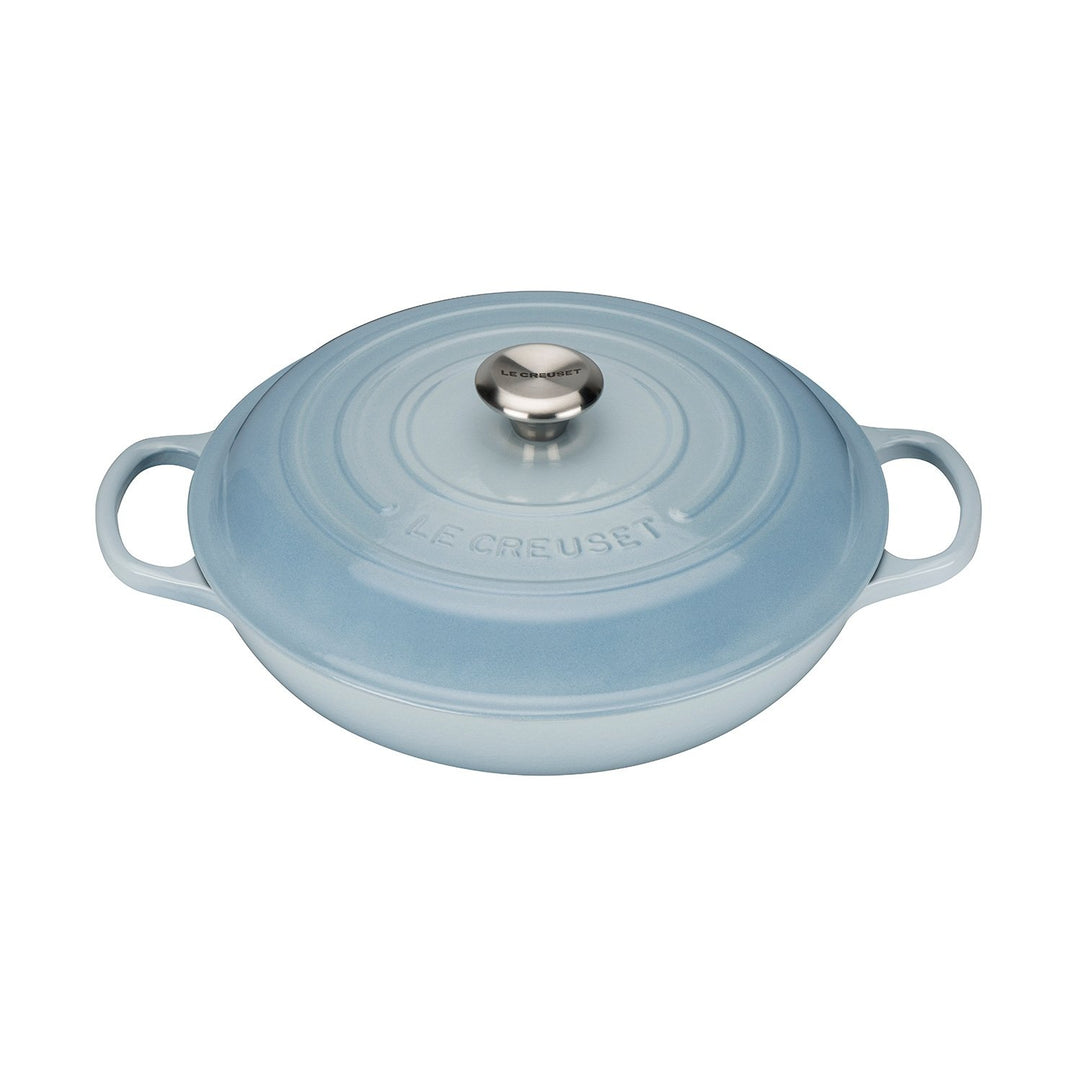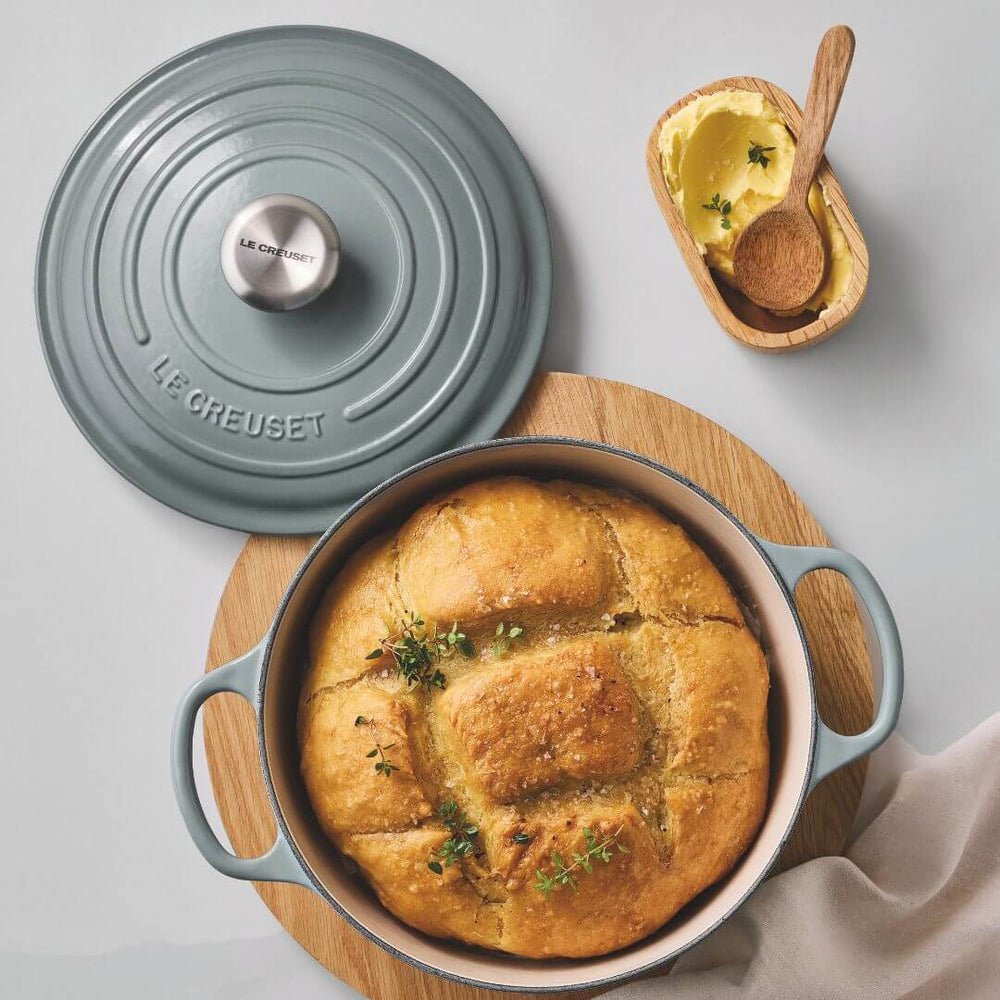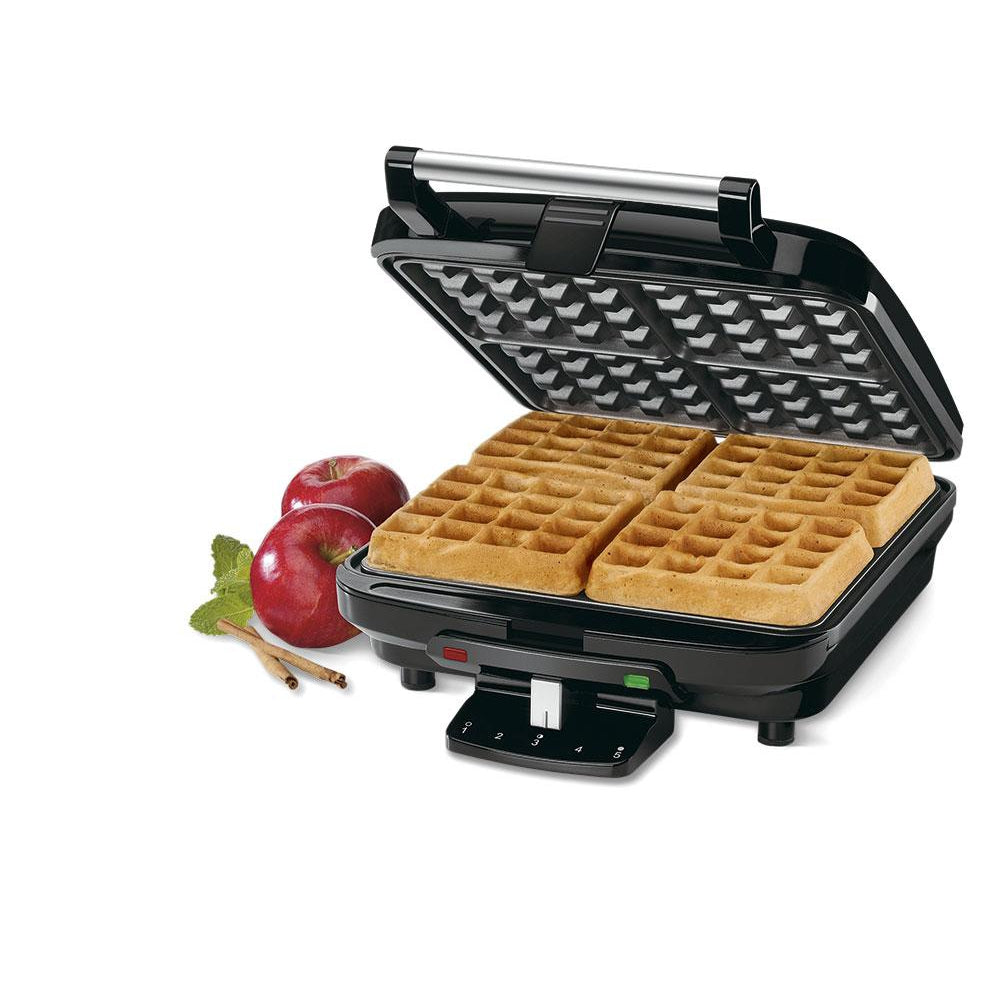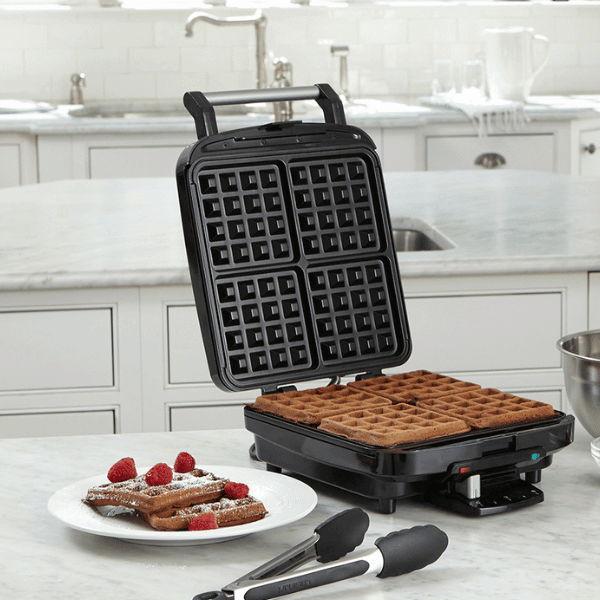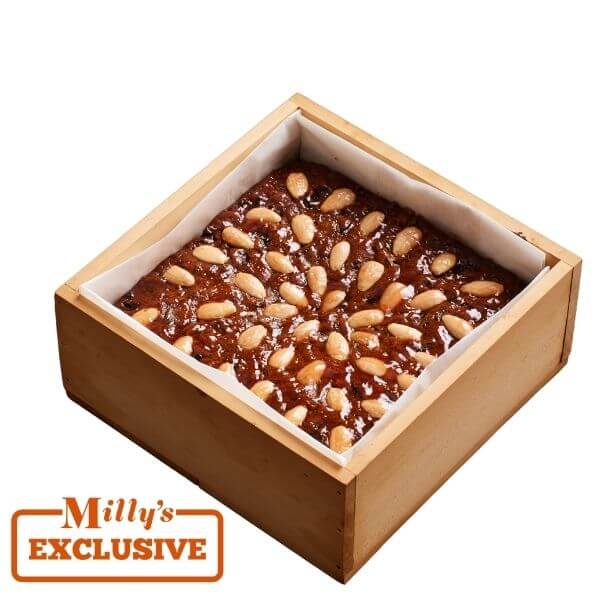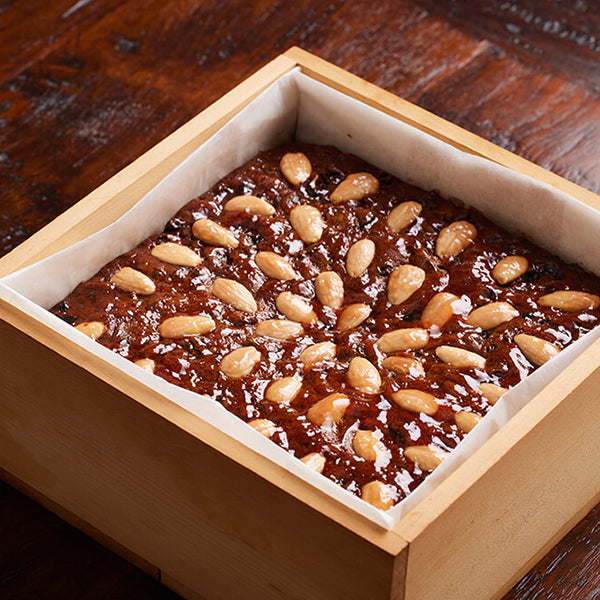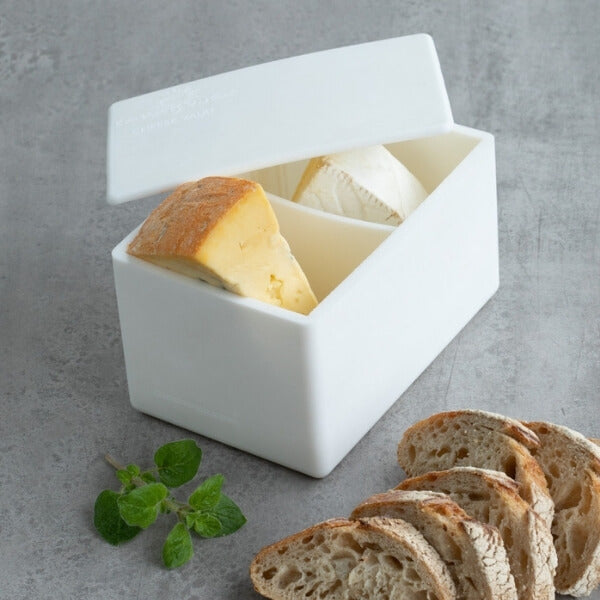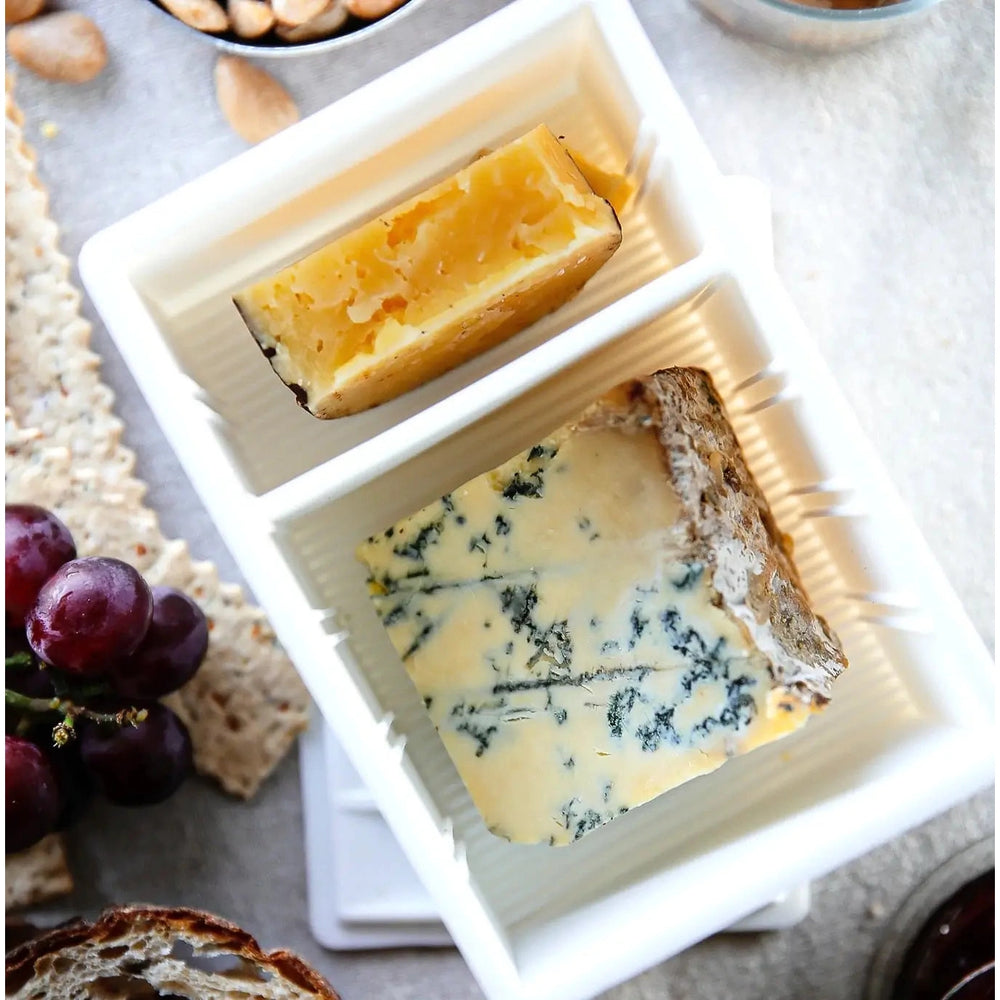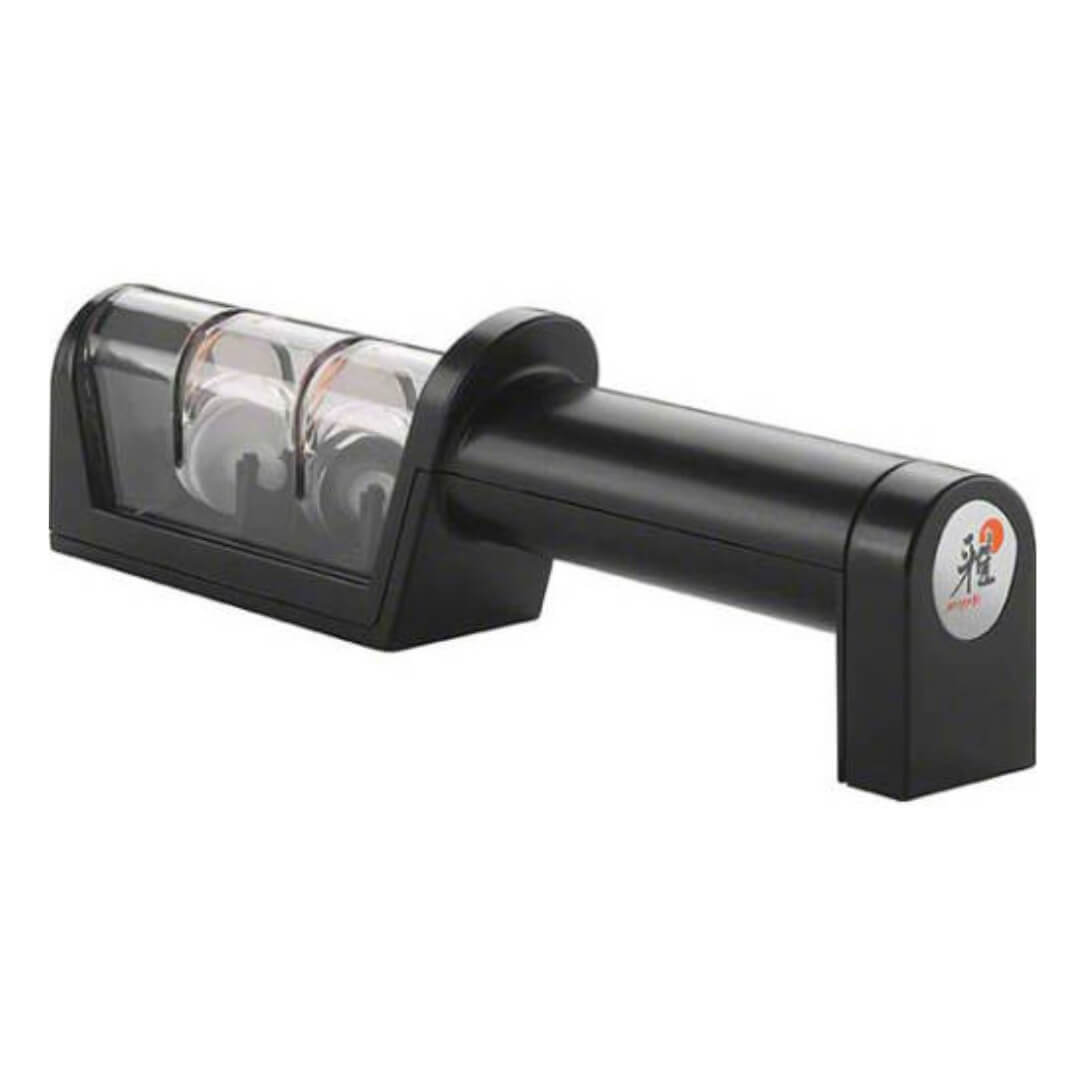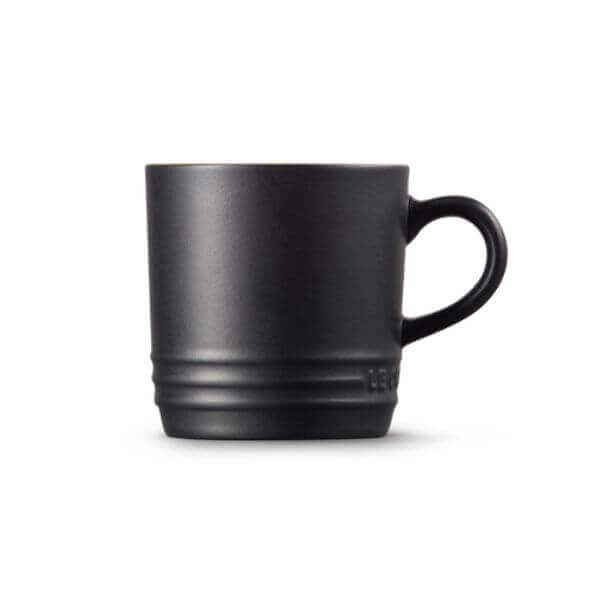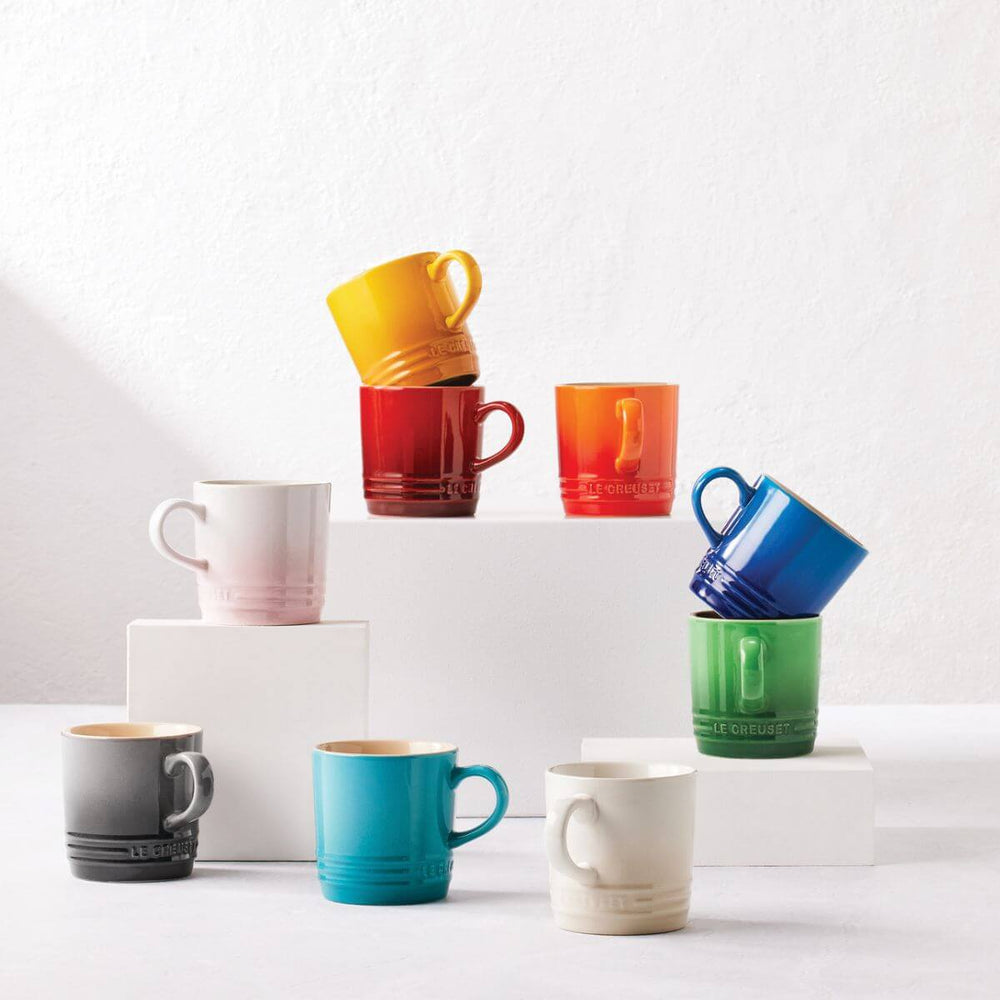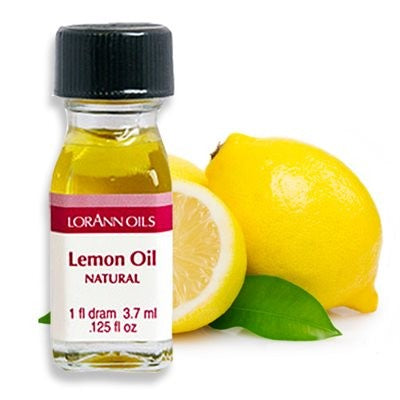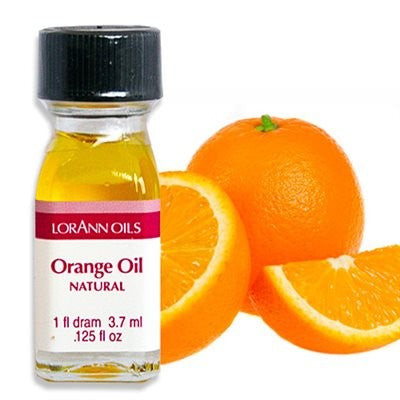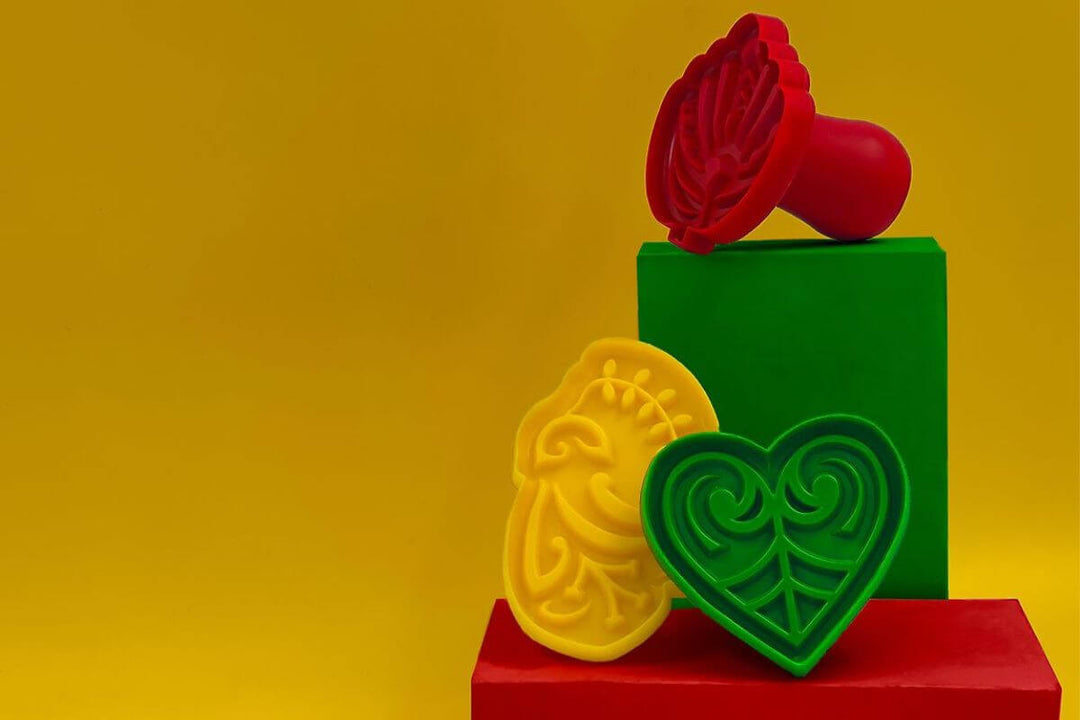Milly's 101: Keeping Cast-Iron Cookware at its best ...
Every cook needs a pan that pulls its weight: year in, year out. Cast iron is almost always our workhorse of choice in our kitchens at home – but even superheroes have their weaknesses so here’s our thoughts on where cast iron might not be your best friend. Spoiler: there are better pans for those jobs, and we’ve got them all here at Milly’s.
What You Really Shouldn’t Cook in Cast Iron:
1. Strongly Aromatic (Read Stinky) Foods
Garlic, fish sauce, fish (particularly salmon) and other seafood. Cast iron is porous, which means it can hold onto those aromas and flavours. So, if you cook a cheeky salmon in garlic sauce one night, don’t be surprised if your skillet smells like last night’s dinner for weeks, no matter how scrupulously you clean it. It’s better to save fragrant dishes for your non-stick or stainless steel pans.
2. Acidic Ingredients (Tomatoes, Vinegar, Wine, Citrus)
These can attack your seasoning, especially if you’re simmering them for ages. The seasoning you’ve built up is precious and needs to be cherished and looked after. Short bursts of acid at the end, like a squeeze of lemon, are usually fine, but long, slow simmering with lots of vinegar or tomato sauce? Better to leave that to your enamelled or stainless steel pans.

3. Delicate Fish & Seafood
Unless your pan is SUPER well seasoned and slick with butter or oil, flaky fish and tender seafood can stick and tear apart like paper. Save those for your non-stick or well-seasoned skillet and just avoid the heartbreak!
4. Sticky Breakfast Staples (Eggs, Omelettes, Pancakes)
If your skillet isn’t rock-solid seasoned, eggs, fritters, crepes and pancakes can stick more stubbornly than you’d like. Once your pan’s got that perfect patina, they’ll cooperate more, but be prepared to add a little extra fat (and we all know that where there’s fat, there’s flavour so we say go for it!)
5. Heavy, Saucy, or Liquid-Heavy Dishes
Think stews, braises, or thick sauces. Lots of liquid can weaken your seasoning and promote rust. For those long, slow-cooked meals, opt for enameled cast iron or stainless steel cookware where lots of liquid isn’t the enemy.
6. Sauerkraut, Cabbage & Other ‘Sulphurous’ Veg
Strong veggies like cabbage and sauerkraut can leave a lingering aroma, even after thorough cleaning. Something to keep in mind when you’re prepping a veggie-heavy week.

7. Desserts After a Savory Feast (Without Cleaning)
Skillet cookies, souffles, sweet pies and breads are delicious served right from the pan. But leftover savory bits can ruin the sweet vibe - trust us. Either give your skillet an extra good clean or reserve a separate pan for desserts.
8. Leaving Food in the Pan
We suggest you don’t leave food sitting in your cast iron. It traps moisture, weakens your seasoning, and might even cause rust - not to mention the weird flavors! Always clean, dry thoroughly and rub a slick of oil over the surface after each use.
So, What’s the Takeaway?
Cast iron’s not fussy, it just has boundaries. Treat it right (clean, dry, season, repeat),
and it will reward you with a lifetime of flavour and fab food memories.
Maybe you've found your way here after already having fallen for one of the above?
Worry not, with a little elbow grease and time you can recover your pan's patina, see our Lodge use and care tips for reseasoning your pan here for everything you need to know.



